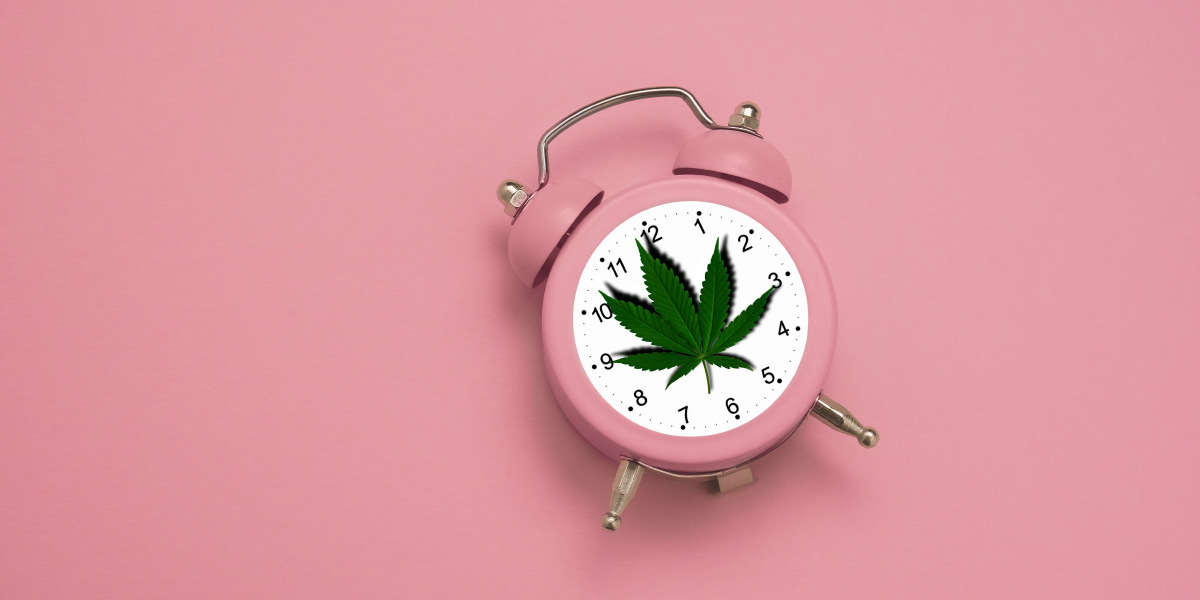Music & Cannabis
Music is one of the most powerful and moving art forms we can experience as humans. Just about everyone can point to a song that lives in their mind along with a cherished memory. Recent research even reveals that when we listen to live music, our bodies experience a biological reaction that synchronizes our heartbeats! Clearly, music impacts humans in meaningful ways, but how is our experience of music altered by cannabis? In this article, we will explore the latest research into this topic to better understand what happens in the brain and body when cannabis and music come together.
This is Your Brain on Music
Music’s multifaceted nature makes it highly engaging for the brain. When we hear a song, our brain goes to work perceiving rhythm, pitch, harmony, lyrics, and more. Music also increases activity in the mesolimbic dopamine system, which serves as a primary pathway for dopamine release. This is one of many reasons why listening to songs we love feels so satisfying. Similarly, when we consume cannabis with high levels of CBD, cannabinoid receptors (CB1) become highly active, influencing sensitivity, mood, sensation, and perception. CB1 receptors are incredibly abundant in the central nervous system, and when activated, they trigger the release of dopamine and all its feel-good byproducts. This dopamine cascade after cannabis use coupled with the brain’s chemical response to music creates a powerful simultaneous trigger for the brain and body. Over time, the brain learns to associate the two triggers (music and cannabis) with each other, creating an even more intense dopamine response that can result in feelings of euphoria and extreme pleasure.
Be Here Now
Have you ever wanted a song to play forever? Our perception of time is dictated by several things, including how the brain processes stimuli, the frame rate by which we take in information, and even how often we blink! Good or bad, we’ve all had the experience of a moment stretching out before us more slowly than “usual”. Cannabis can do this in its own special way by inhibiting activity in the hippocampus. This inhibition distorts the formation of short-term memories, resulting in a feeling of intense present awareness. Now enter music into this equation, and the perceived “slowing down” of time can allow us to experience the many layers and elements of music uniquely. Suddenly a song that was familiar and simple sounds new and complex. The inhibition of short-term memory after cannabis use also blocks the brain’s tendency to make predictions, which allows the listener to hear music in a way that seems more interesting.



